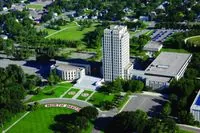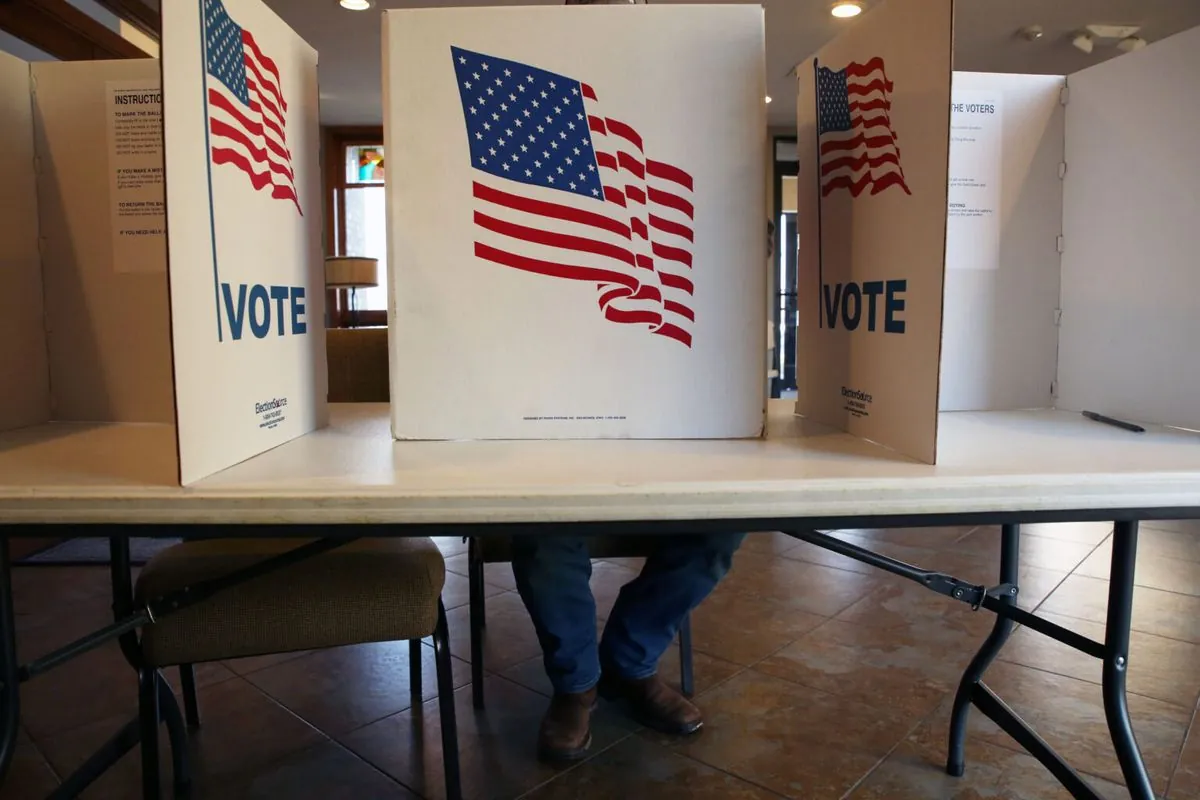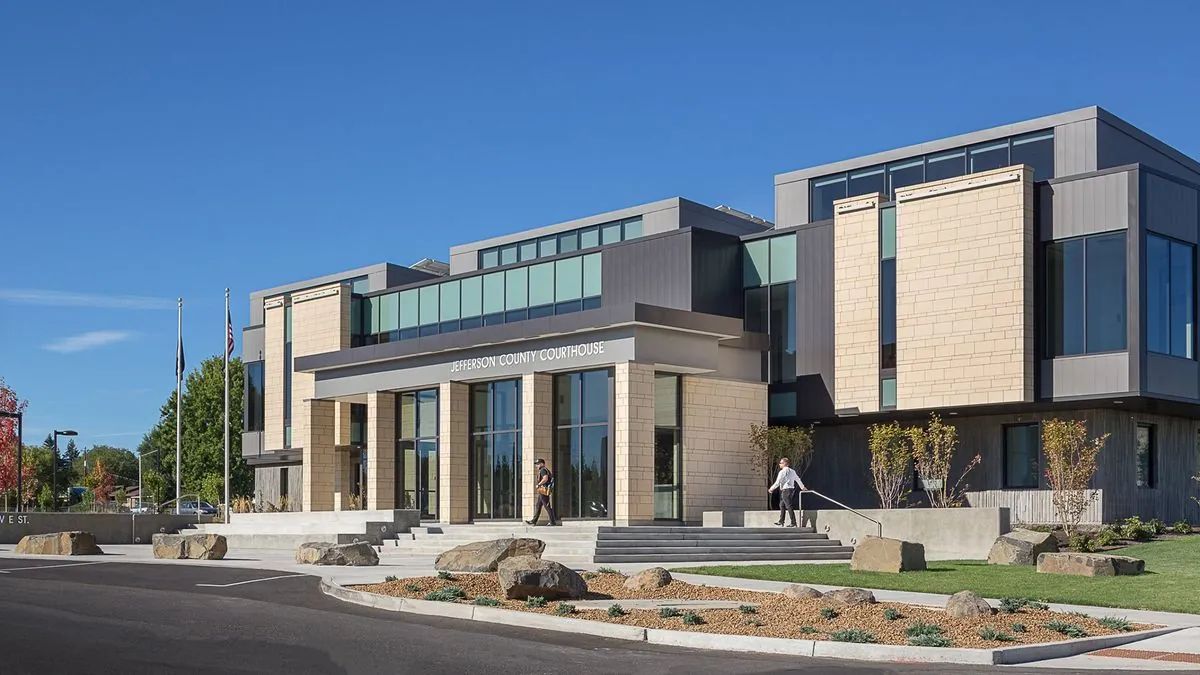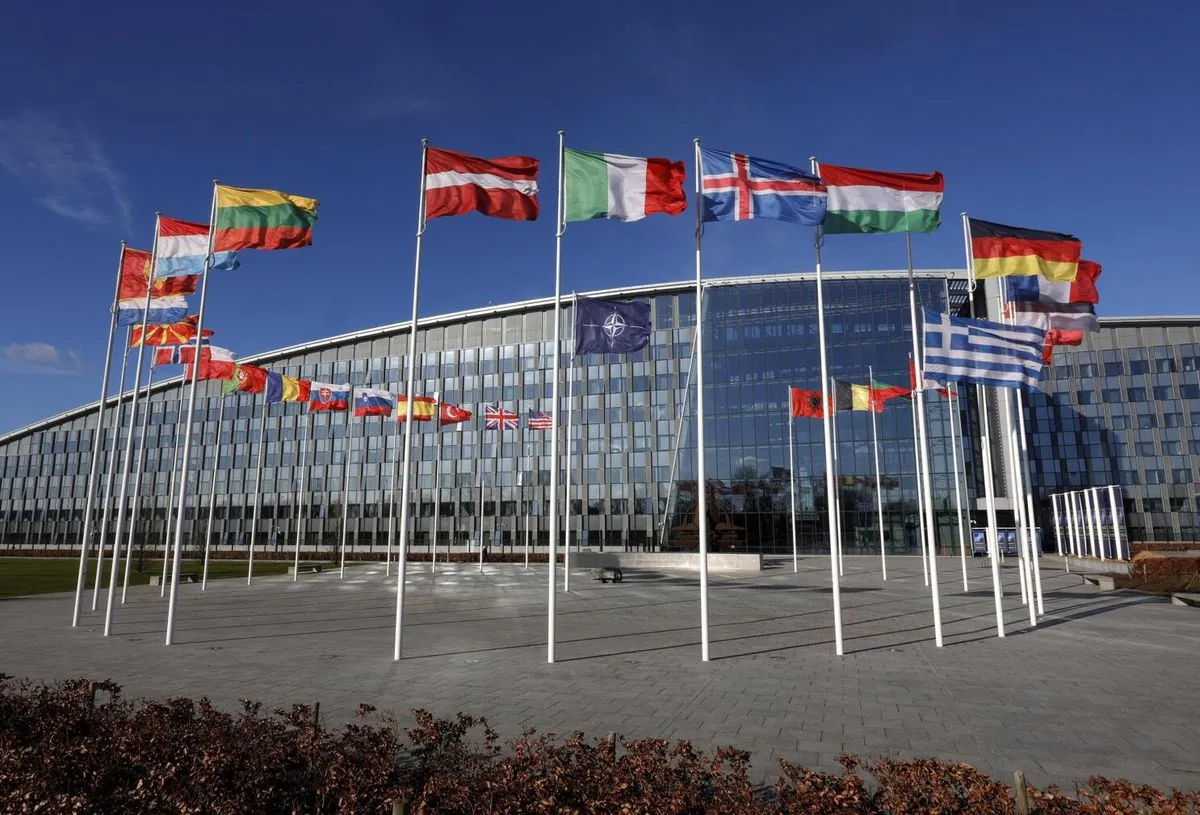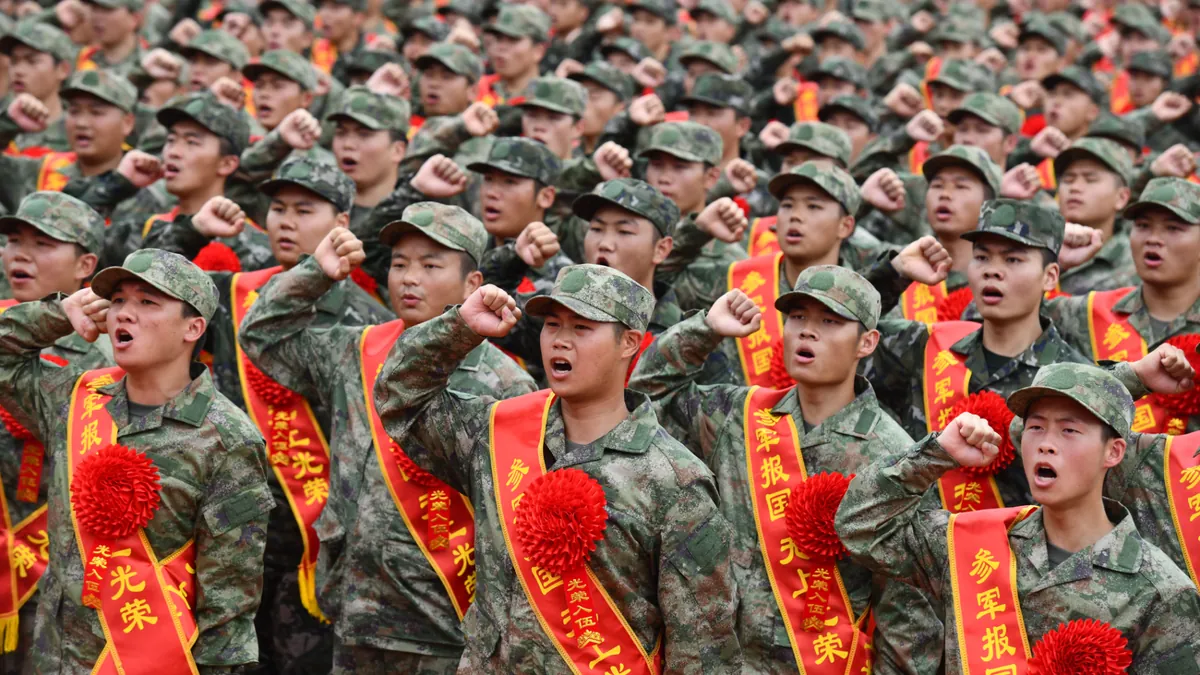India's Muslims Face Uncertainty Amid Citizenship Law Implementation
India's Muslim community grapples with fears of exclusion as the Citizenship Amendment Act takes effect. Document correction efforts intensify, highlighting socio-economic challenges and concerns about discrimination.
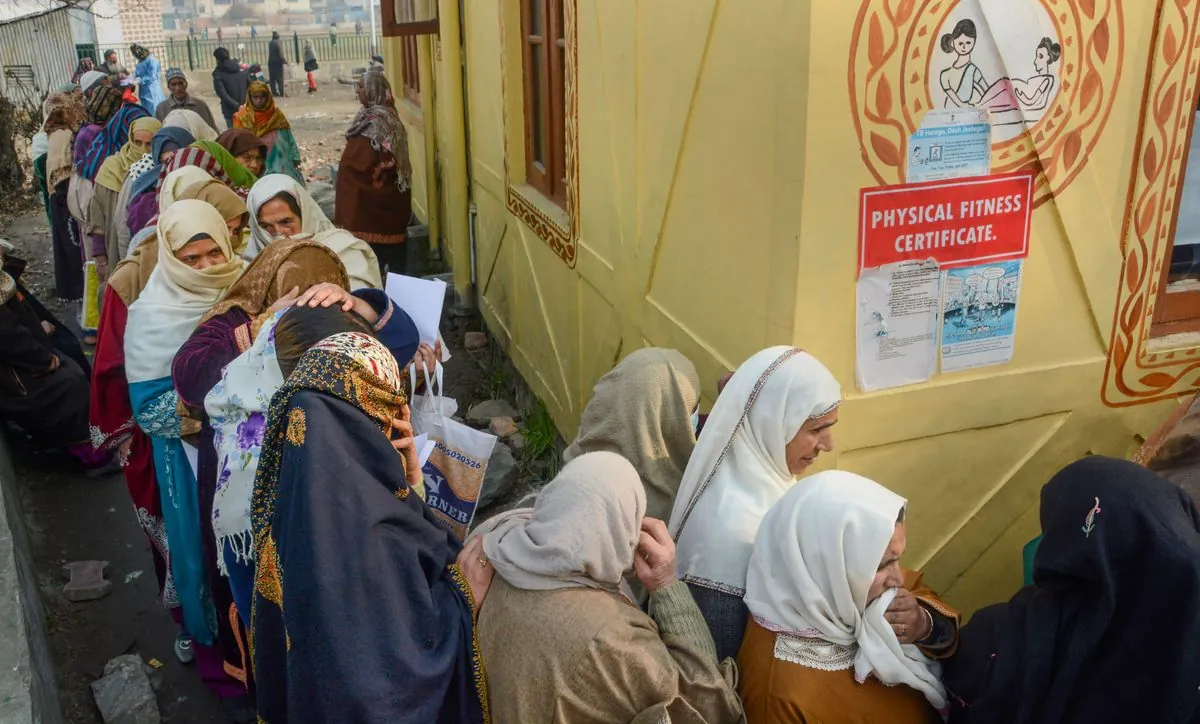
In a bustling office in south Mumbai, Nadeem Siddiqui, a lawyer, diligently examines documents as anxious Muslim clients wait their turn. This scene reflects the growing apprehension among India's Muslim population following the implementation of the Citizenship Amendment Act (CAA) in March 2024.
The CAA, initially passed in 2019, has sparked controversy by offering citizenship to non-Muslim minorities from Afghanistan, Bangladesh, and Pakistan. Critics argue that when combined with the National Register of Citizens (NRC), it could potentially lead to the exclusion of Muslims.
Narendra Modi, recently elected for a third term as Prime Minister, has faced criticism for his government's approach to citizenship issues. During an election rally on April 21, 2024, Modi's rhetoric raised concerns among minority communities.
The implementation of the CAA has led to a surge in document correction efforts among Muslims. Siddiqui reports assisting over 40,000 Muslims in the past two years, with daily visitors doubling to 135 in the months leading up to the CAA's reintroduction.
"We have seen the kind of harassment and targeting of Muslim communities everywhere."
The fears among India's 200 million Muslims are not unfounded. The experience of Assam, the only state to have implemented the NRC, serves as a cautionary tale. In August 2019, 1.9 million people were left out of Assam's final NRC list, raising concerns about potential statelessness.
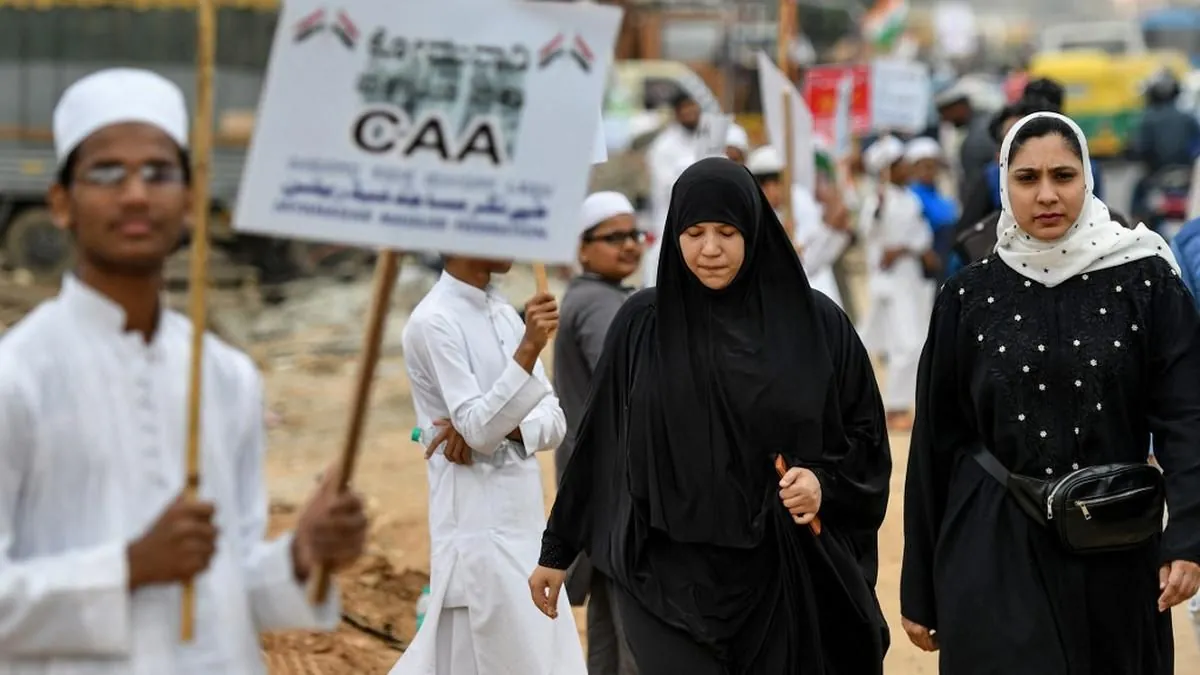
The document correction process is fraught with challenges. Discrepancies in spelling, missing papers, and the inability to file legal claims due to poverty and illiteracy have led to exclusions. Siddiqui himself spent three months correcting his own documents, highlighting the complexity of the process.
Socio-economic factors further complicate the situation. Muslims, being the poorest religious group in India, struggle with the costs associated with document correction. Irshad Khan, a 56-year-old security guard, exemplifies the difficulties faced by many, unable to navigate the online application process due to lack of education.
The literacy rates among the Muslim community, which are the lowest in India, pose additional barriers. This, combined with the expense of document correction and the complexities of government bureaucracy, creates significant hurdles for many Muslims seeking to secure their citizenship status.
Human rights organizations have expressed concerns about the potential for discrimination. The U.S. State Department's 2023 report on human rights in India documented instances of violence against minorities, including Muslims and Dalits.
As India moves forward with the implementation of the CAA, the Muslim community remains apprehensive about their future. While some, like 80-year-old Sayyed Alim, express confidence in their documentation, there is an underlying fear of potential discrimination despite having the necessary papers.
The situation highlights the complex interplay between legislation, socio-economic factors, and religious identity in India. As the country grapples with these issues, the fate of millions of Muslims hangs in the balance, underscoring the need for a fair and inclusive approach to citizenship.






























